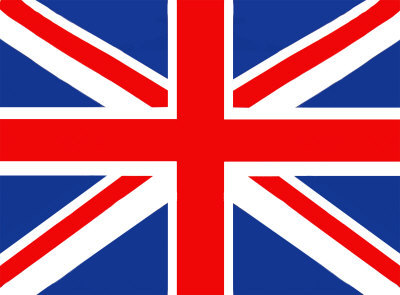Procrustes Stretched
"intuition and imagination and intelligence"
ahhh, short and sweet.
one thing,....define federalism and teh fight is on.
Difficult to do... Madison, Jay and Hamilton were not Brief when Explaining it...
The Federalist Papers - THOMAS (Library of Congress)
peace...
Nor were they always in agreement with each other.
As I've shown before both Madison and Hamilton were in disagreement with themselves as well as each other. This within the period ofa few short years. One issue was the House's role in treaties and the other was...hmmmm,.. It's on the tip of my tongue


